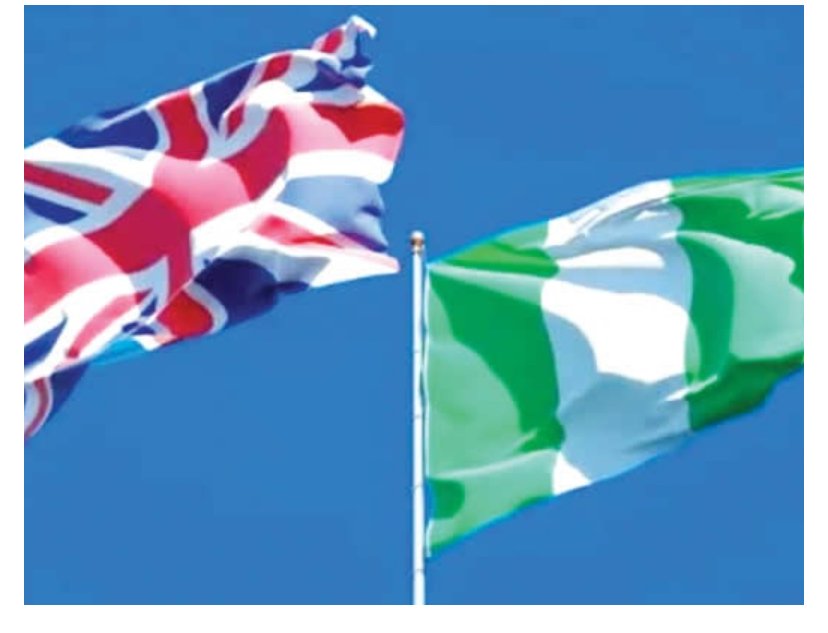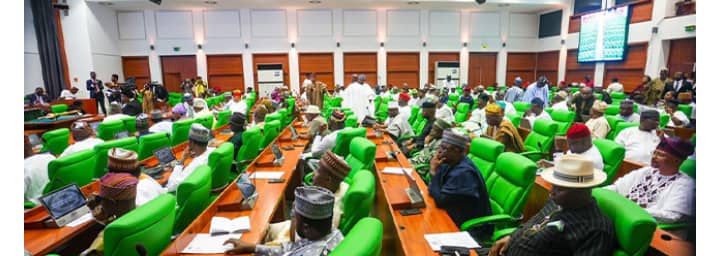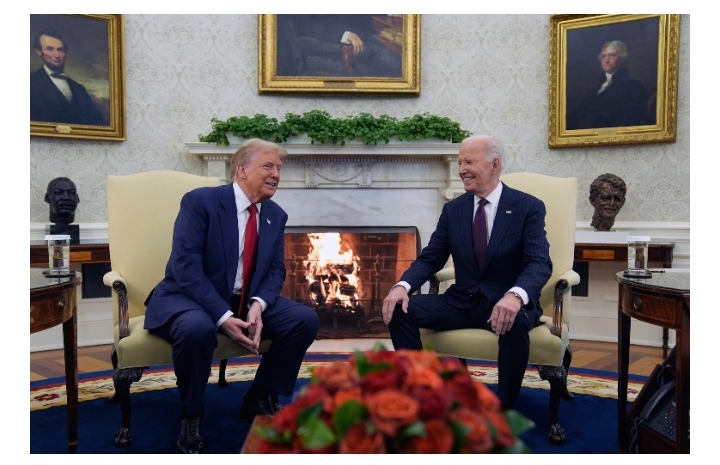UK Racism Scandal and Immigration Crackdowns: A Double Bind for Nigerians
Nigerians in the UK are facing a harsh reality, caught between the rise of hate behavior, including racism within British institutions, and new restrictive visa rules that threaten their livelihoods. With approximately 120,000 Nigerians living in the UK as of June 2024, the second-largest non-European immigrant group, the situation is becoming increasingly dire.
A recent BBC Panorama investigation exposed racist and misogynistic conduct among London Metropolitan Police officers. The undercover footage revealed officers sharing racist views about immigrants and Muslims, making sexualized comments, and even suggesting violence against migrants. This exposé has sparked widespread outrage, with London Mayor Sadiq Khan vowing zero tolerance for racism and abuse of power.
For many Nigerians, this revelation confirms the sense of insecurity they’ve long felt on the streets. Dele Olawanle, a UK-based Nigerian legal practitioner, expressed dismay over the sharp decline in Britain’s tolerance, urging “true Brits” to resist the rise of racist tendencies. “The streets are now dangerous,” he said. “We are afraid to go out at night, walking with trepidation during the day, and beginning to distrust each other.”
The UK’s immigration system has a long history of racial bias, with legislation designed to limit the number of non-white individuals entering or staying in the UK. The 1962 Commonwealth Immigrants Act, for instance, introduced a voucher system that disproportionately affected Black and Brown people. This institutional racism perpetuates a hostile environment, fueling xenophobia and Islamophobia .
The UK government must address these systemic issues and work towards creating a more inclusive and equitable society. This includes:
to ensure fairness and dignity for all individuals, regardless of their background or nationality
holding public officials accountable for their words and actions, and tackling discriminatory practices within institutions
building trust between law enforcement and minority communities, and promoting a culture of respect and understanding
By acknowledging the historical injustices and taking concrete steps towards reform, the UK can work towards a brighter future for all its citizens, regardless of their background.






